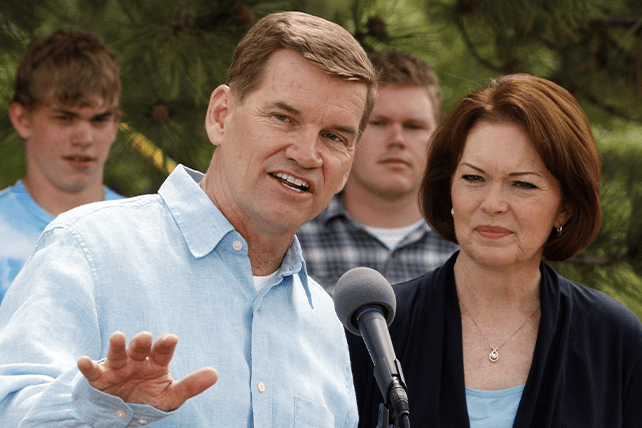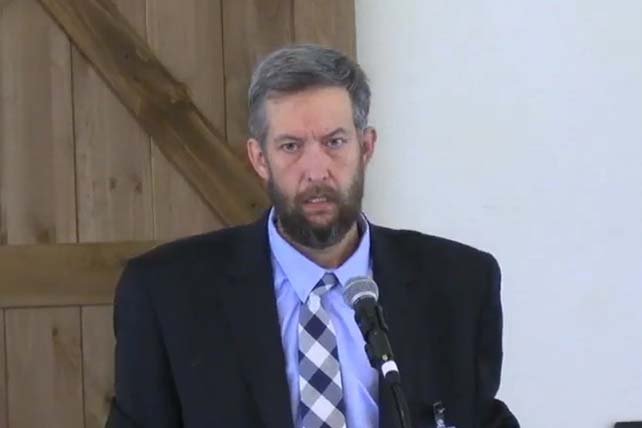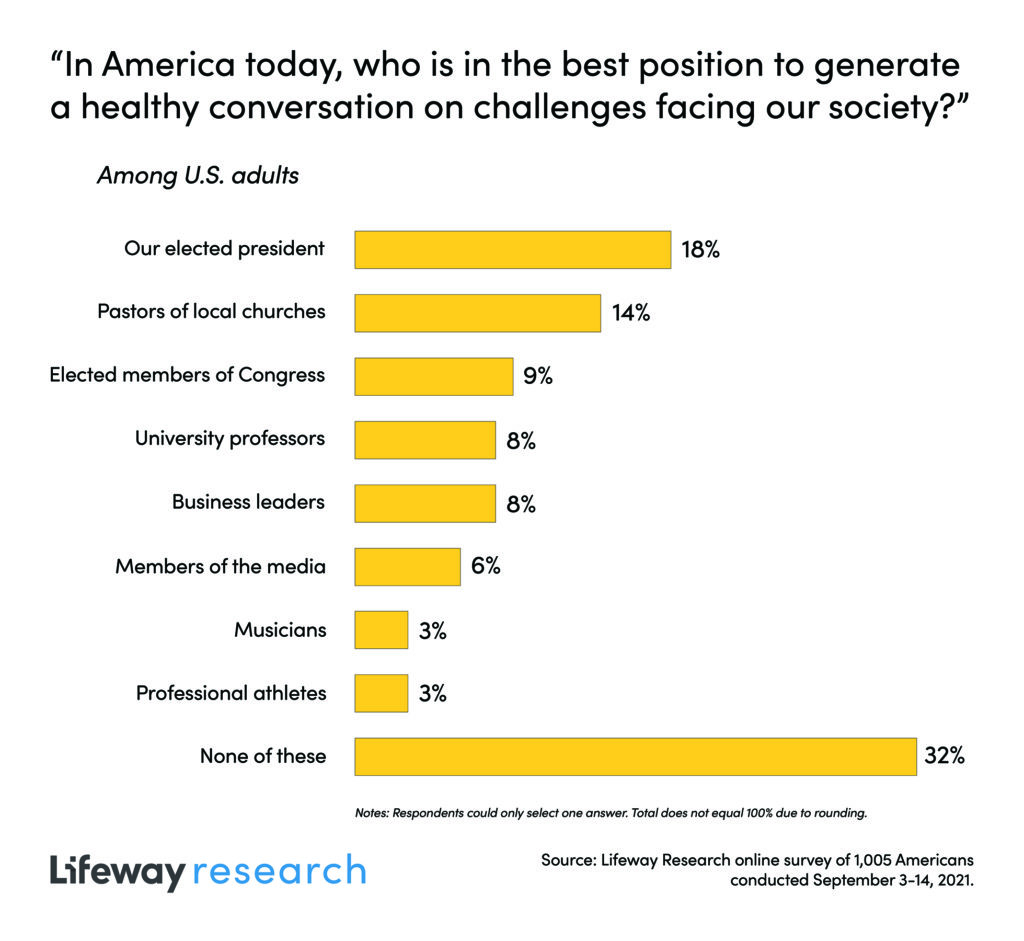Have you ever gotten a prayer request from a fellow brother or sister in Christ asking for immediate prayer? Perhaps he is facing a temptation for which he needs help resisting. Or maybe she is feeling overcome by grief or sorrow and is desperate for peace. It might be that your friend has a need and is seeking the Lord’s provision.
We often respond to such prayer requests in the affirmative. We may even say “I’ll pray for you”—as a common and almost automatic response we give without even thinking. But then we go on our way and forget the prayer request altogether. But saying such things without actually praying about the person’s need is worthless. Meaningless. And does more harm than good.
Perhaps the problem is that we fail to grasp the power of prayer; rather, we’ve forgotten the power of the One to whom we pray.
The Power of God in Prayer
The Apostle Paul wrote several prayers in his letters to various churches. These “Apostle Paul prayers” are a treasure trove of insight into the practice of prayer. Paul prayed for each of the churches he ministered to and asked them to pray for him and his ministry as well.
In Paul’s letter to the church in Ephesus, he shared two prayers for the church: Ephesians 1:15-19 and 3:14-19. In both of these prayers, Paul focused on the power of God. He wanted the Ephesian church to know God’s power toward them: “and what is the immeasurable greatness of his power toward us who believe, according to the working of his great might that he worked in Christ when he raised him from the dead and seated him at his right hand in the heavenly places” (Ephesians 1:19-20). In Paul’s second prayer, he asked God to strengthen the Ephesians “with power through his Spirit in your inner being, so that Christ may dwell in your hearts through faith” (Ephesians 3:16).
The same power that raised Christ from the dead is the same power at work in us as believers. It is the same power that brought us from death to life in Christ. It is the same power that united us to Christ through faith. It is the same power that resides within us, teaching, training, correcting, and encouraging us. And it is the same power that will change and transform us into the image of Christ, until the day when our faith becomes sight.
When we pray for our brothers and sisters in Christ, we pray to the God of all power. Perhaps this is why Paul ends Ephesians 3 with this benediction, “Now to him who is able to do far more abundantly than all that we ask or think, according to the power at work within us, to him be glory in the church and in Christ Jesus throughout all generations, forever and ever. Amen” (vv. 20-21).
Responding to That Prayer Request Immediately
This is why we ought to be quick to pray for our brothers and sisters in Christ. As adopted children of the Father, we are united to Christ and one another. We pray to the same Father on behalf of our siblings in Christ. And we can come before our almighty God with our prayers and petitions, knowing that he hears us. Not only does he hear us, but he uses our prayers to carry out his will in this world.
To act on a prayer request immediately takes not only an understanding of the power of God at work in our prayers, but it also takes intentionality. It takes a willingness, desire, and discipline to follow through. So how can we practically respond to immediate prayer requests?
Once we receive the request, we can pause whatever we were doing and pray for the person’s need.
We can keep a prayer journal where we keep a list of prayer needs. When we receive a new request, we add it to the list and spend time in prayer about that need. We can also mark when a prayer was answered.
We can write the request on a sticky note and post it where we are most likely to see it, so that whenever we see it, we pray for that need. The note could be posted on our computer, on the car dashboard, on the bathroom mirror, at the kitchen sink.
We can set a reminder on our phone to remind us to pray for the need.
There are prayer apps we can use to keep track of prayers, as well as the answers to those prayers.
Whatever method we employ, the important thing is that we serve our brothers and sisters in Christ through prayer. We also need to let our friends know we are indeed praying for them and even follow up to learn how the Lord is answering our prayers. What an encouragement that will be to their faith! And perhaps, like Paul, we can even share with them the specifics of our prayers on our friend’s behalf.
“And so, from the day we heard, we have not ceased to pray for you, asking that you may be filled with the knowledge of his will in all spiritual wisdom and understanding, so as to walk in a manner worthy of the Lord, fully pleasing to him: bearing fruit in every good work and increasing in the knowledge of God; being strengthened with all power, according to his glorious might, for all endurance and patience with joy; giving thanks to the Father, who has qualified you to share in the inheritance of the saints in light” (Colossians 1:9-12).
This article about responding to a prayer request originally appeared here.


























